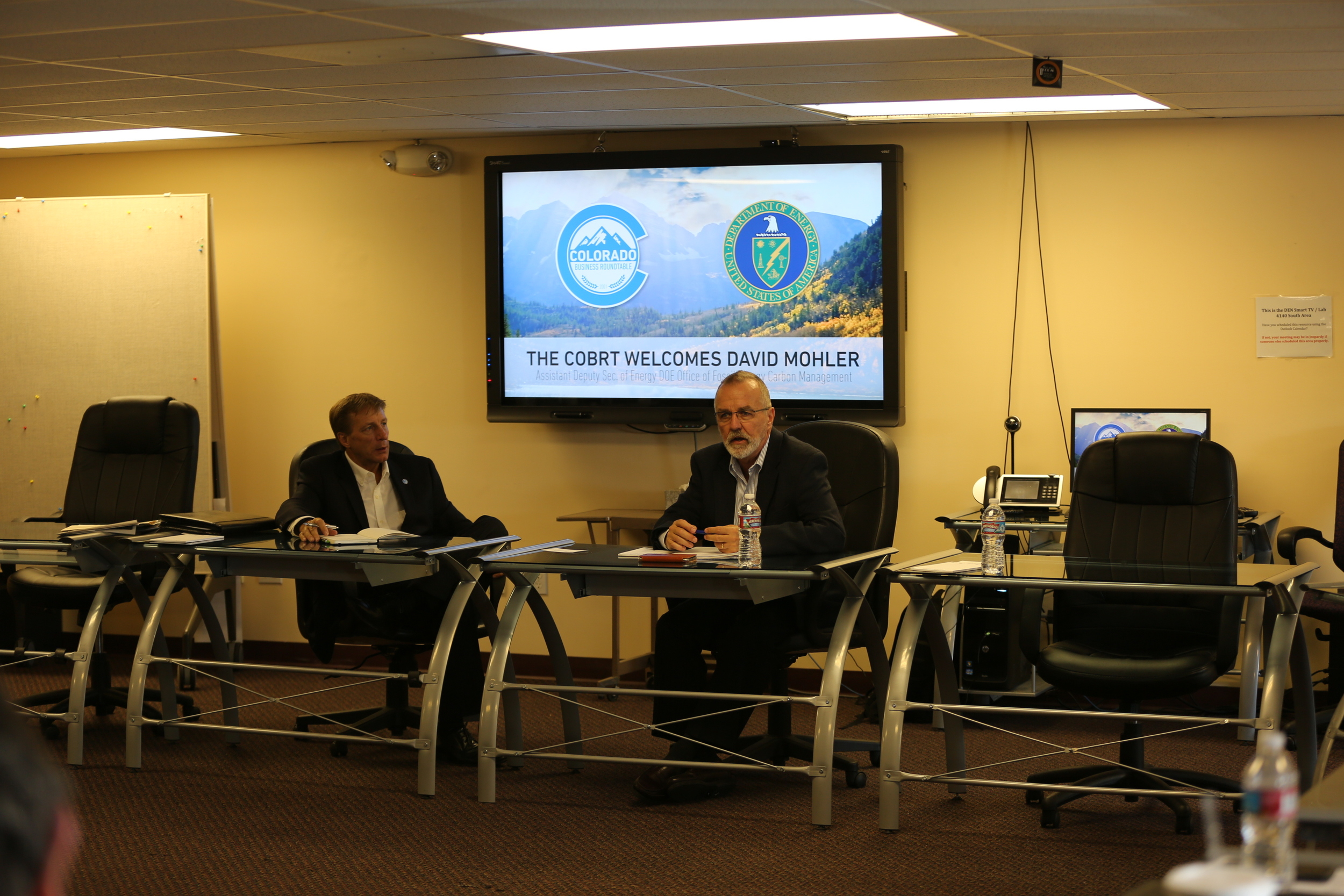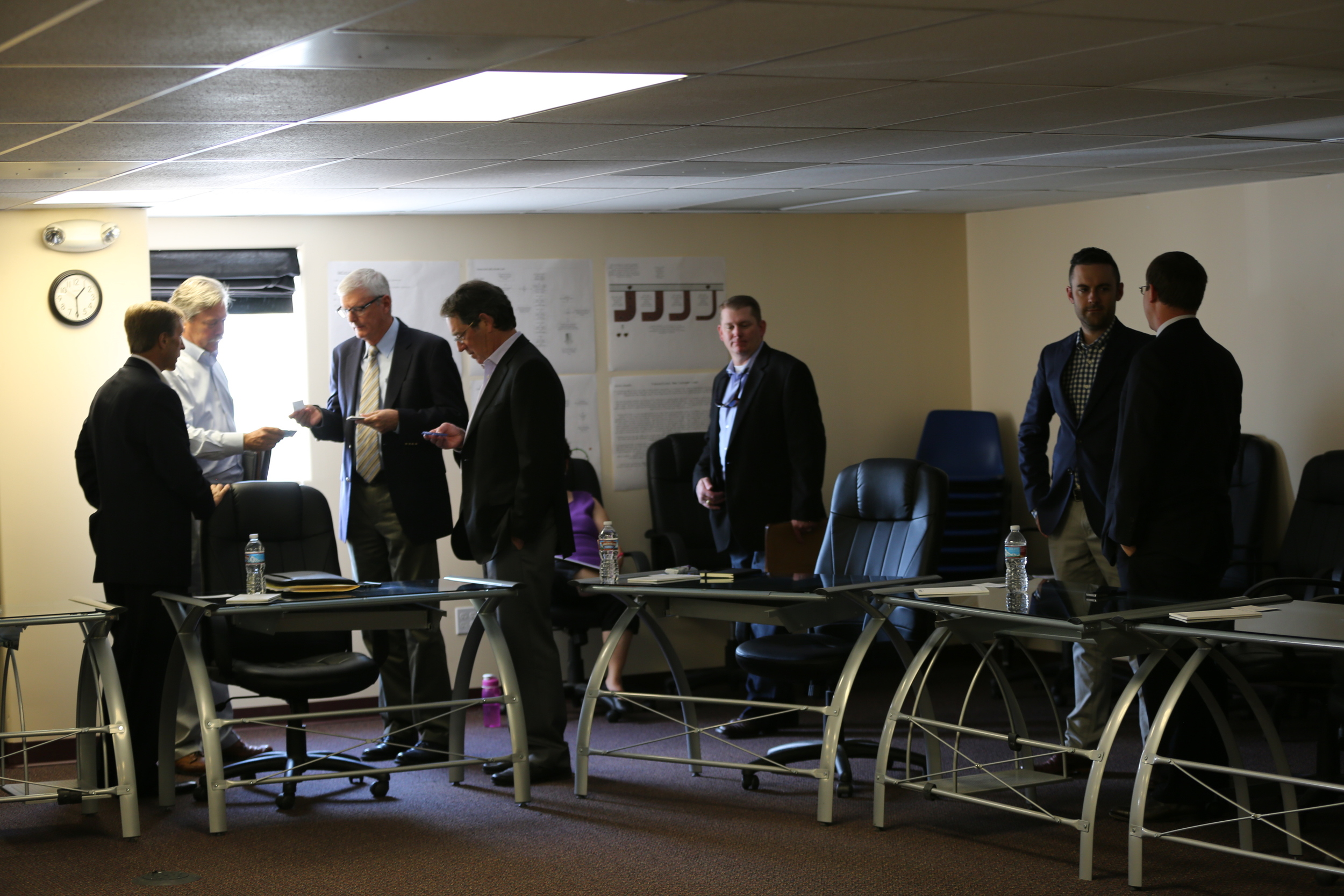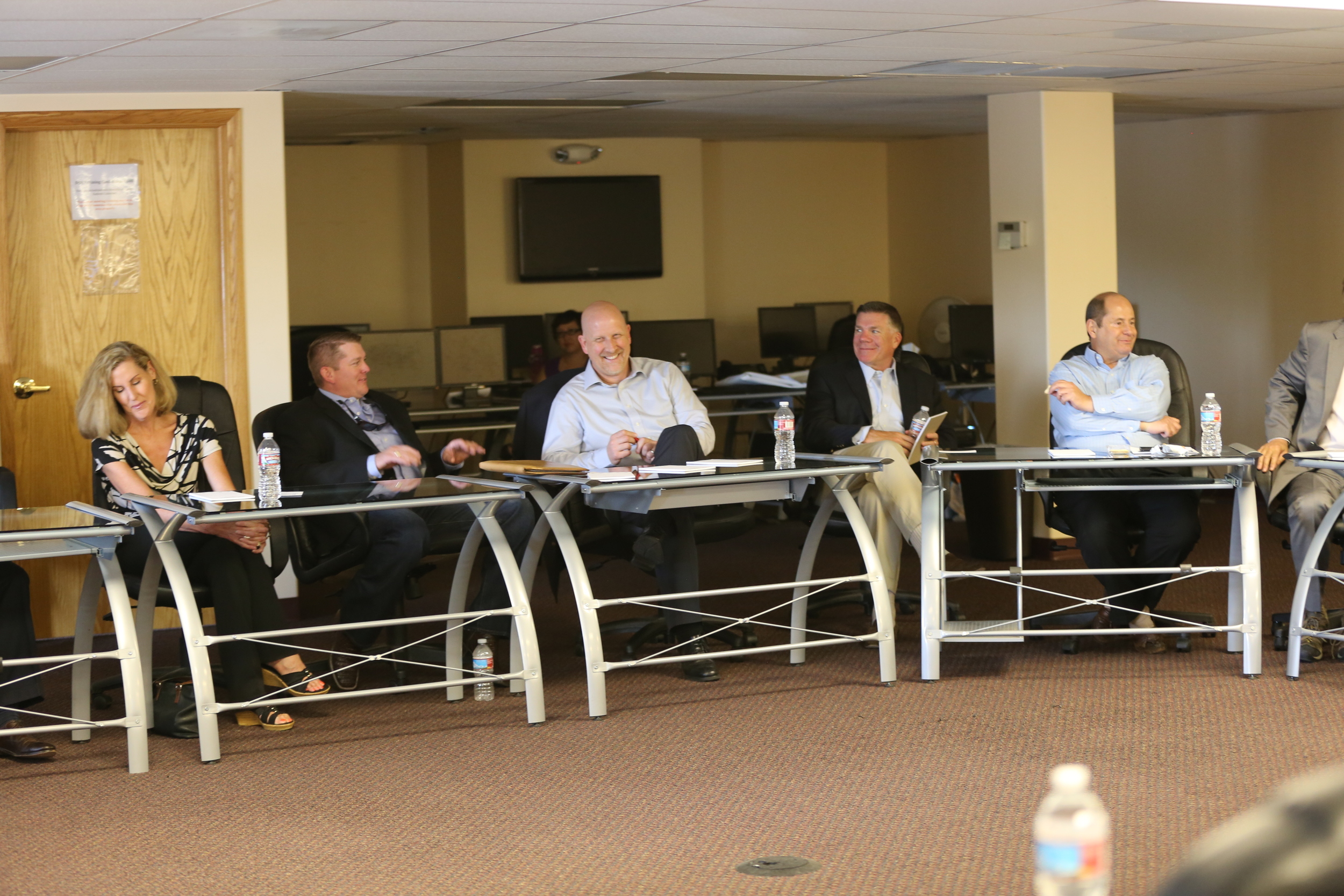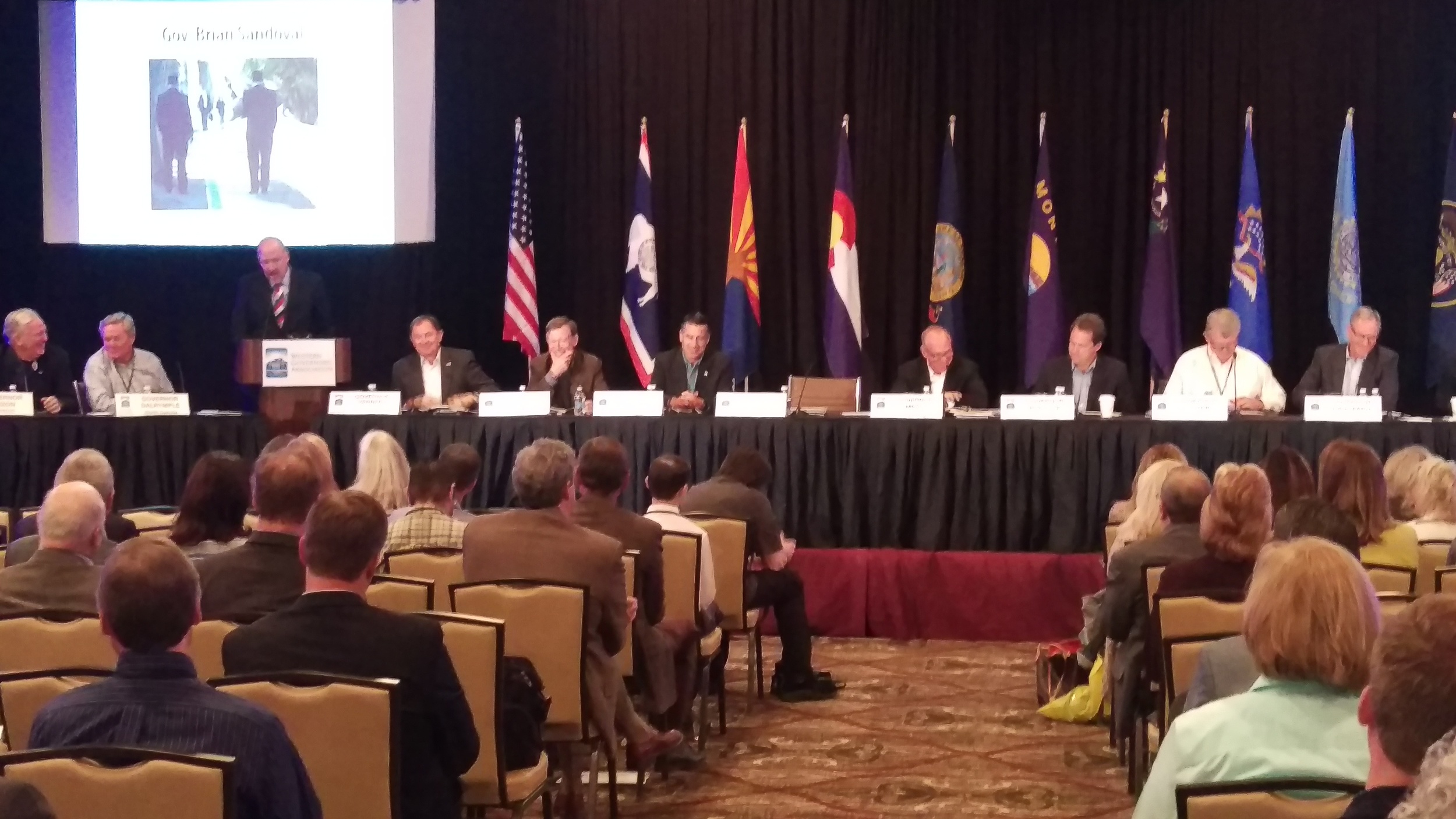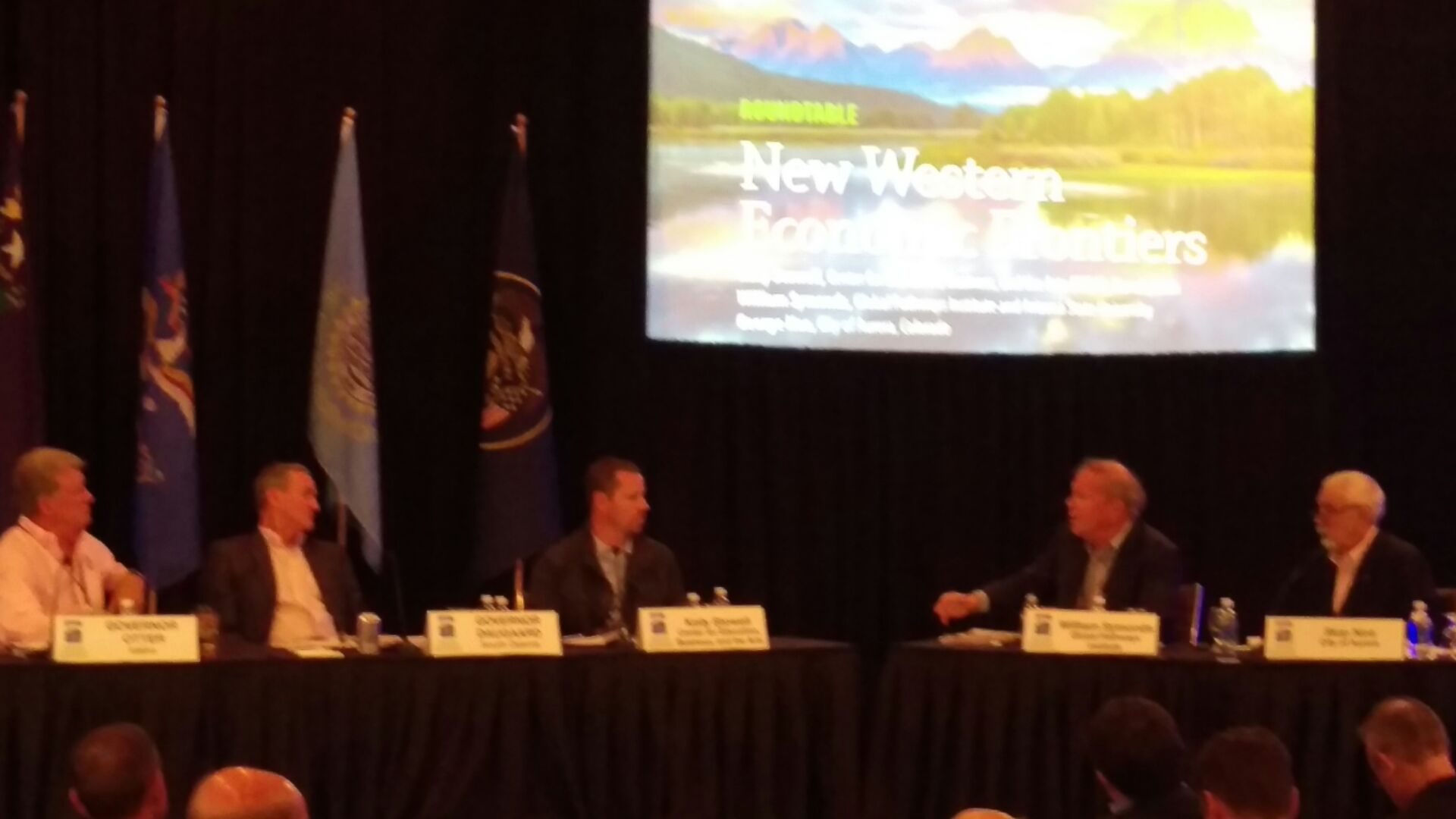The Energy Department’s Advanced Research Projects Agency-Energy (ARPA-E) has awarded the University of Colorado Boulder $1.8 million to develop an innovative window coating that could significantly improve energy efficiency in buildings.
The team is using liquid crystals, widely known for their technological use in smart phones and flat panel HD televisions, to create a transparent, solid film that is thermally insulating, soundproof and water condensation-proof. The team is led by physics Associate Professor Ivan Smalyukh and mechanical engineering Professor Ronggui Yang.
“Buildings consume about 40 percent of the energy expended annually in the United States,” said Yang. “We think we can dramatically increase the energy efficiency of windows without compromising transparency and other functions.”
The liquid crystal-based aerogel - a synthetic, porous and ultralight material - can be created by using rod-like, cellulose nanoparticles, each with a diameter nearly a million times smaller than a grain of sand, said Smalyukh. Derived from food industry waste or glucose with the help of a specific bacteria grown by the team, the rod-like nanoparticles spontaneously self-assemble into a liquid crystal, he said.
A key step in the process is to replace the water in the liquid crystal material with air, transforming it into flexible aerogel film.
“The material will be lightweight, insulating, mechanically stable, flexible and inexpensive,” said Smalyukh.
The cellulose-based liquid crystals are designed to self-organize and can be “pre-engineered” to assure transparency in the visible light range and high reflectivity in a selected part of the infrared spectrum that keeps the buildings cool or warm as needed. Dubbed AIR FILM by the team, the aerogel material is more than 99 percent air.
Both graduate students and postdoctoral researchers will be involved in the effort, said Smalyukh, also a fellow at the Renewable and Sustainable Energy Institute (RASEI). RASEI is a joint institute of CU-Boulder and the National Renewable Energy Laboratory headquartered in Golden.
The grant is part of the ARPA-E’s Single-Pane Insulating Efficient Lucid Design (SHIELD) program. The SHIELD program is expected to accelerate the development of materials that could cut in half the amount of heat lost through single-pane windows without replacing them, said Yang, a faculty affiliate of RASEI.
AIR FILM will have the ability to be laminated on the surface of existing windowpanes. The team aims to produce films that consumers can easily apply, which would decrease costs by eliminating professional installation labor expenses.
The CU-Boulder grant was one of 14 grants totaling $31 million for window-efficient technologies awarded by Energy Department officials. Experts estimate that retrofitting widows rather than replacing them could reduce heat loss and save roughly the amount of electricity needed to power 32 million U.S. homes each year.
In December 2015, the Department of Energy awarded another CU-Boulder research team $4 million over three years to develop an inexpensive, paintable coating to retrofit energy-inefficient windows. The infrared-reflective coating is expected to drastically reduce cooling costs for both residential and commercial structures, helping to reduce greenhouse gas emissions.
RASEI Director Robert McGrath said the new project is a good example of the collaborative energy research happening on campus, including at the new Sustainable Energy and Environmental Complex (SEEC) on the East Campus.
Contact:
Ivan Smalyukh, 303-492-7277
[email protected]
Ronggui Yang, 303-735-1003
[email protected]
Jim Scott, CU-Boulder media relations, 303-492-3114
[email protected]










